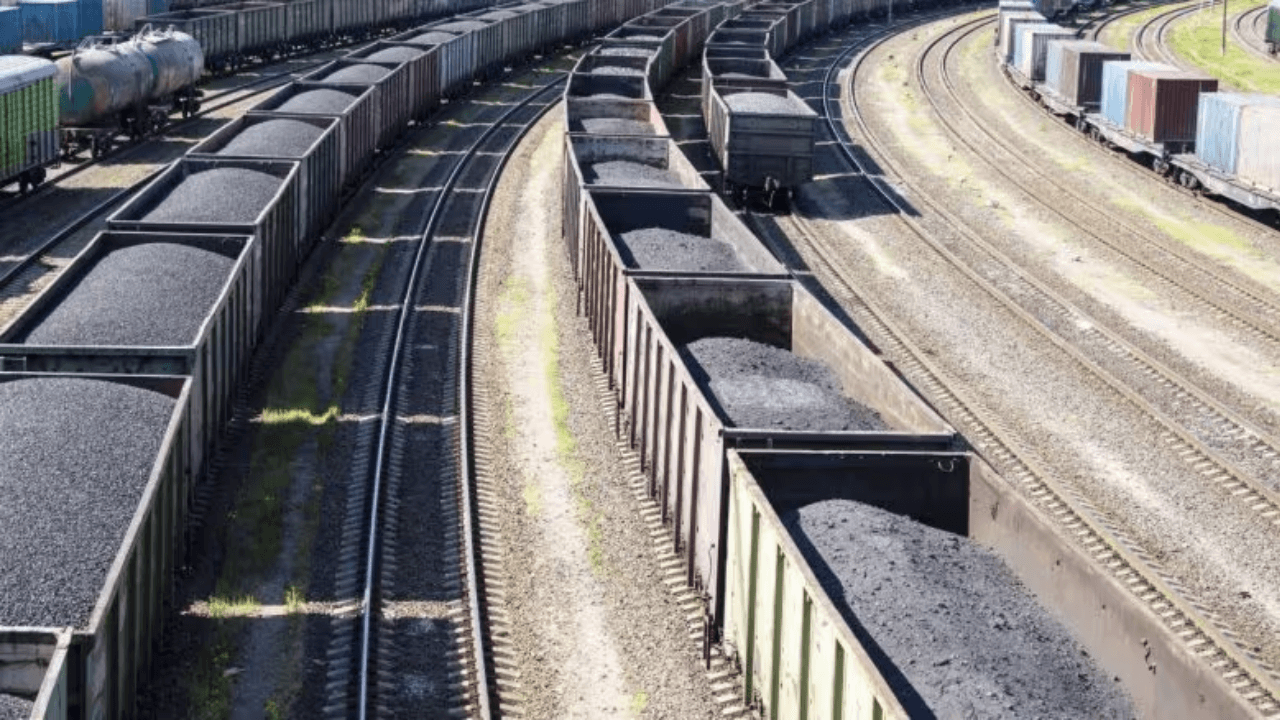Strengthening Energy Security: The National Coal Logistic Plan
In a determined move to enhance India’s energy security and realize the vision of a self-reliant nation (Atmanirbhar Bharat), the Ministry of Coal is actively pursuing the development of the National Coal Logistic Plan. A key aspect of this initiative is the integration of First Mile Connectivity (FMC) using railway sidings near coal mines, aiming to reduce reliance on imported coal and revolutionize coal transportation for environmental and economic benefits.
A New Approach to Coal Transportation: First Mile Connectivity
The innovative concept of First Mile Connectivity (FMC) is reshaping how coal is transported in India. By bypassing the need for road transportation within mining areas, FMC employs conveyors or roads to directly transport coal to the nearest railway siding. This strategic shift minimizes truck traffic, leading to reduced air pollution, alleviated traffic congestion, and lesser road wear and tear. The ripple effect of these changes is a cleaner and healthier environment, aligning with sustainable development goals.
First Mile Connectivity: Implementation and Wider Implications

With a focus on achieving around 1 billion tonnes of mechanized coal handling capacity, 67 First Mile Connectivity (FMC) Projects are underway. Aligned with the larger goal of PM Gatishakti, the Ministry of Coal has invested INR 26,000 crore in railway projects to establish multimodal connectivity. Beyond its environmental advantages, FMC enhances the coal sector’s viability, productivity, and overall profitability. Collaborating with the Ministry of Railways, the Ministry of Coal is also advancing coal evacuation and distribution capabilities through multiple railway line projects.
Pioneering a Greener Transport Approach
The significance of First Mile Connectivity extends beyond coal transportation, impacting broader environmental and public health aspects:
- Reducing Carbon Emissions: By optimizing transport systems and reducing reliance on fossil fuel-powered vehicles, FMC plays a vital role in reducing greenhouse gas emissions, a crucial step in addressing climate change.
- Conserving Natural Resources: The adoption of eco-friendly transportation networks safeguards biodiversity and natural habitats, preserving delicate ecosystems for future generations.
- Enhancing Public Health: FMC’s role in decreasing air pollution and traffic congestion positively affects public health, mitigating respiratory issues and stress-related ailments.
First Mile Connectivity represents a forward-looking strategy, paving the way for sustainable and eco-conscious transportation. It tackles transportation challenges while safeguarding the environment and public well-being.
- RBI Grade B Previous Year Papers 2018-24, Download Free PDF
- OICL AO Prelims Result 2026 Out, Download Result PDF
- PNB Apprentice Eligibility 2026, State Wise Vacancy
- RRB NTPC UG Application Status 2026 Out, Check Official Link
- PNB Apprentice Cut Off 2026, Check Expected Cut Off

Priti Palit, is an accomplished edtech writer with 4+ years of experience in Regulatory Exams and other multiple government exams. With a passion for education and a keen eye for detail, she has contributed significantly to the field of online learning. Priti’s expertise and dedication continue to empower aspiring individuals in their pursuit of success in government examinations.
